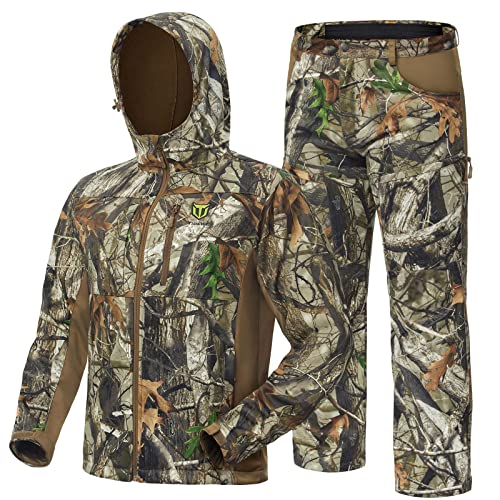peakbagger
In Rembrance , July 2024
http://www.unionleader.com/article/20120508/NEWS07/120509892&source=RSS
Sure looks cut and dried.
While hiking the Lincoln Lafayette loop on Sunday I saw a couple of groups with zero gear, no backpacks or fanny packs up on the ridge as well as several groups going up Falling Waters at 2 PM in the afternoon with minimal gear. Its light until 8 these days so they may have had some great views but its definitely that time of year. Somehow the "Hike Safe" rollout is not getting through to some folks.
Sure looks cut and dried.
While hiking the Lincoln Lafayette loop on Sunday I saw a couple of groups with zero gear, no backpacks or fanny packs up on the ridge as well as several groups going up Falling Waters at 2 PM in the afternoon with minimal gear. Its light until 8 these days so they may have had some great views but its definitely that time of year. Somehow the "Hike Safe" rollout is not getting through to some folks.




![Grand Teton Day Hikes and National Park Map [Map Pack Bundle] (National Geographic Trails Illustrated Map)](https://m.media-amazon.com/images/I/41DB0jvRnbL._SL500_.jpg)
















![Grand Canyon, North and South Rims [Grand Canyon National Park] (National Geographic Trails Illustrated Map)](https://m.media-amazon.com/images/I/419Y-ycyVUL._SL500_.jpg)




























![Yellowstone National Park [Map Pack Bundle] (National Geographic Trails Illustrated Map)](https://m.media-amazon.com/images/I/51kGuJ72qjL._SL500_.jpg)









